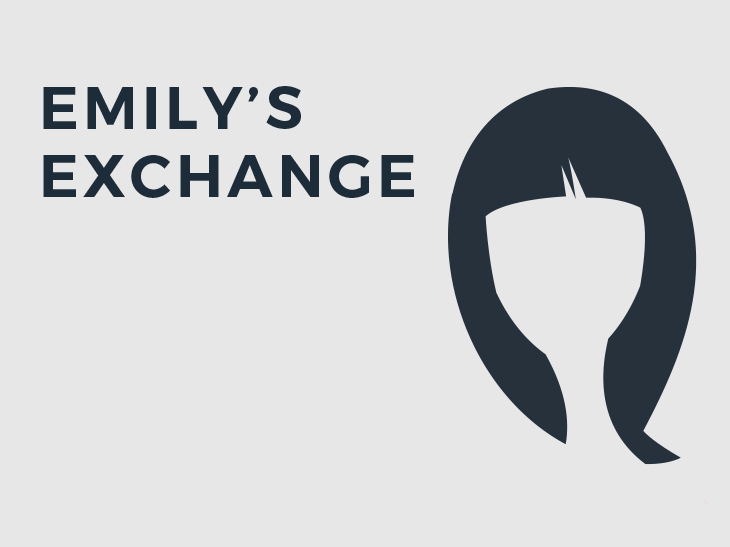Unemployment is now close to its lowest level since the mid 1970s, and the employment rate is also going up meaning that there are more of us in the workforce, but wages are hardly budging. This week’s average weekly earnings growth data release showed that wages were going up by 1.8% versus the same period last year, whilst inflation was 2.9% for the same period.
Why does wage growth matter?
I think most people would like to see their own salary rise; it would help with the dance lessons and the sports clubs, the summer holiday entertainment, and even the weekly shop. But whilst many of us think about pay rises, very few of us think about our wage shrinking. That set amount lands in your bank account on the same day each month, but are you really thinking about what you’re able to buy with that.
2014 was the last time wage inflation was lower than price inflation; us Brits are a resilient bunch and we came out the other side even stronger. But now the Bank of England is beginning to talk about raising interest rates, just at the moment price inflation overtakes wage inflation, and it definitely begs the question – is now really the right time?
When is the right moment for an interest rate rise?
One US Central Banker once described his job as taking away the punch bowl just as the party is getting going. I’m not sure it feels quite like a party just at the moment, even if the cost of the the weekly shop has gone up. A rise in interest rates makes borrowing more expensive which generally leads to lower spending, so growth can start to slow.
What we have in the UK right now is low unemployment, high employment and those are both positive growth signals, but so far we haven’t seen that really show up in our wages.
Now there could be a few reasons as to why we don’t see that, perhaps wage growth is delayed, maybe people are a bit scared of switching jobs, and maybe whilst the job market seems to be healthy the recession has made us all want to cling onto those hard-fought for jobs that little bit longer.
How could an interest rate rise impact family finances?
Beyond the day to day spending, how could an interest rate rise hit the average person? Well the obvious one is that borrowing will get more expensive. Keep those bills as manageable as possible; have a think about your mortgage, if interest rates went up could you afford it, same for credit cards and even loans for your car.
The next area you want to think about are your savings and investments. Currently there aren’t many cash savings accounts that beat inflation, so investing is more important now than ever before, but you need to think about what you’re invested in. A rise in interest rates could hit the value of bonds and dampen equity growth, it could also impact the strength of currencies, so you do need to ensure you have a range of asset classes and geographies in your portfolio so you’re protecting the value of your savings.
Arguably we’re in one of the most interesting phases in our economic history. What comes next with Brexit is anyone’s guess, so it is all about ensuring you protect yourself and your family. I’m not advocating cancelling that trip to Disney (I think most parents would struggle to emerge unscathed from that decision), but take a look at your finances, ensure they’re affordable, and also track your long-term savings so they really do look after you in the long-term.





